Senior Technology Reporter
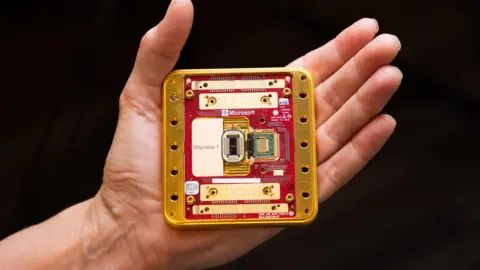 Microsoft
MicrosoftMicrosoft has unveiled a new chip called Majorana 1 that it says will enable the creation of quantum computers able to solve “meaningful, industrial-scale problems in years, not decades”.
It is the latest development in quantum computing – tech which uses principles of particle physics to create a new type of computer able to solve problems ordinary computers cannot.
Creating quantum computers powerful enough to solve important real-world problems is very challenging – and some experts believe them to be decades away.
Microsoft says this timetable can now be sped up because of the “transformative” progress it has made in developing the new chip involving a “topological conductor”, based on a new material it has produced.
The firm believes its topoconductor has the potential to be as revolutionary as the semiconductor was in the history of computing.
But experts have told the BBC more data is needed before the significance of the new research – and its effect on quantum computing – can be fully assessed.
Jensen Huang – boss of the leading chip firm, Nvidia – said in January he believed “very useful” quantum computing would come in 20 years.
Chetan Nayak, a technical fellow of quantum hardware at Microsoft, said he believed the developments would shake up conventional thinking about the future of quantum computers.
“Many people have said that quantum computing, that is to say useful quantum computers, are decades away,” he said. “I think that this brings us into years rather than decades.”
Travis Humble, director of the Quantum Science Center of Oak Ridge National Laboratory in the US, said he agreed Microsoft would now be able to deliver prototypes faster – but warned there remained work to do.
“The long term goals for solving industrial applications on quantum computers will require scaling up these prototypes even further,” he said.
What is quantum computing?
Quantum computing holds the promise of carrying out calculations that would take today’s systems millions of years and could unlock discoveries in medicine, chemistry and many other fields.
There are numerous important problems that “classical” computers, of the sort we use every day in our phones, and laptops and power most modern applications, cannot solve.
But these are problems quantum machines might be able to rapidly crack, promising new discoveries by creating new medicines or designing better batteries.
A host of technology firms, including the silicon valley giants, are currently engaged in a multi-billion dollar race to develop a quantum computer powerful enough to solve these problems.
Microsoft is approaching the problem differently to most of its rivals.
Its path to building a quantum computer relied upon being able to create a “topoconductor” or topological conductor.
It uses the newly developed material to create a new state of matter- a so-called “topological state” which isn’t a gas, liquid or solid and, until relatively recently, had existed only in theory.
Specifically, it relies on so-called Majorana particles, which themselves were previously considered theoretical – work claiming that they had been discovered in 2018 had to be retracted.
High risk, high reward?
While rivals produced a steady stream of announcements – notably Google’s “Willow” at the end of 2024 – Microsoft seemed to be taking longer.
Pursuing this approach was, in the company’s own words, a “high-risk, high-rewards” strategy, but one it now believes is going to pay off.
“In the same way that the invention of semiconductors made today’s smartphones, computers and electronics possible, topoconductors and the new type of chip they enable offer a path to developing quantum system,” Microsoft said.
The biggest challenge of quantum computers relates to their fundamental building block, called a qubit, which is incredibly fast but also extremely difficult to control and prone to errors.
The more qubits a chip has the more capable it is.
Microsoft says it has put eight of its new topological qubits on its new chip – considerably less than the chips created by some of its rivals.
However, it claims to have a path to scaling it up to a million qubits – which would create immense computing power.
Professor Paul Stevenson of Surrey University said the research published by Microsoft was a “significant step”, but he felt it had tough challenges ahead.
“Until the next steps have been achieved, it is too soon to be anything more than cautiously optimistic,” he said.
Chris Huenun, Professor of Quantum Programming at the University of Edinburgh, told the BBC he felt Microsoft’s plans were “credible”.
“This is promising progress after more than a decade of challenges, and the next few years will see whether this exciting roadmap pans out,” he said.

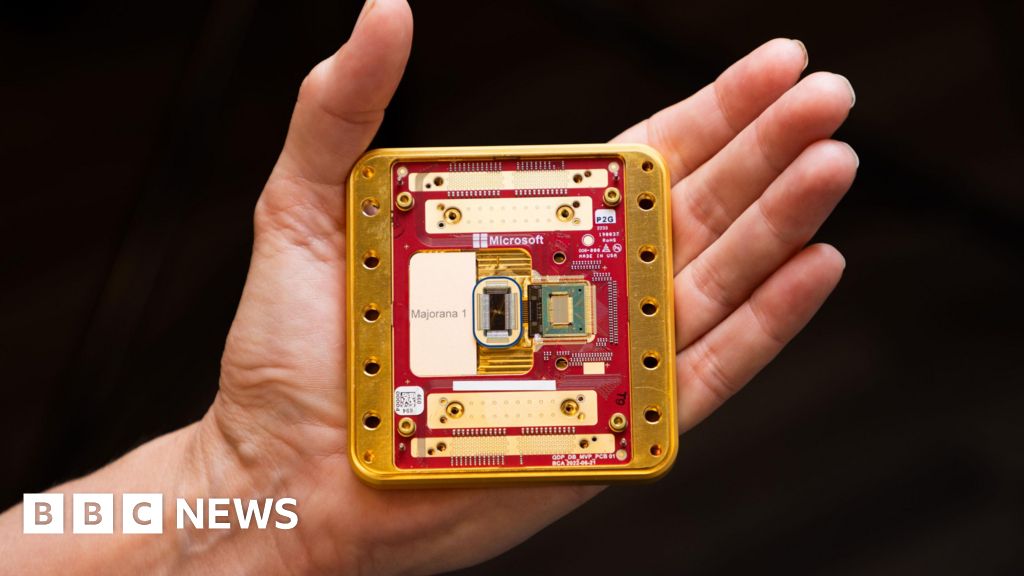

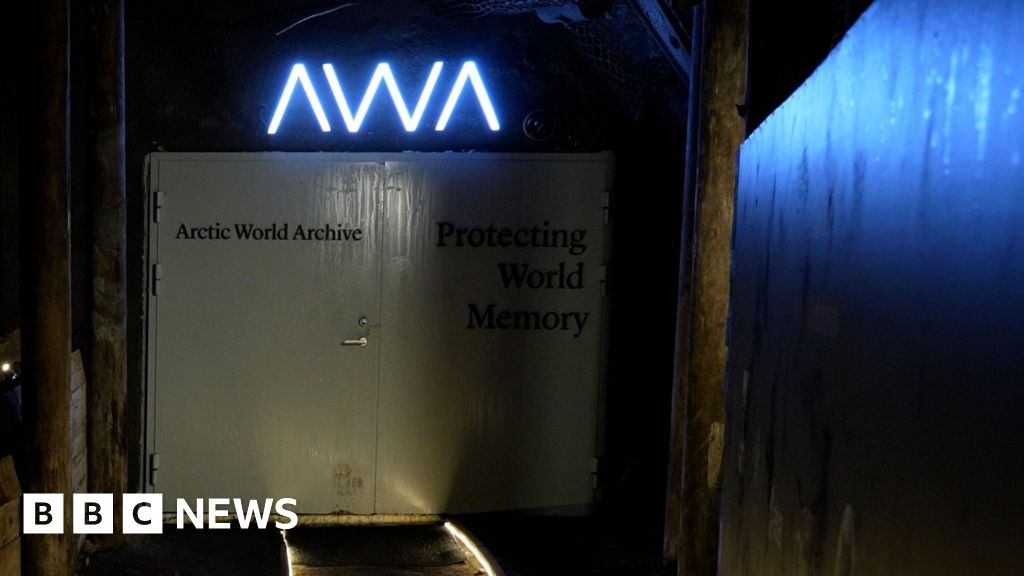

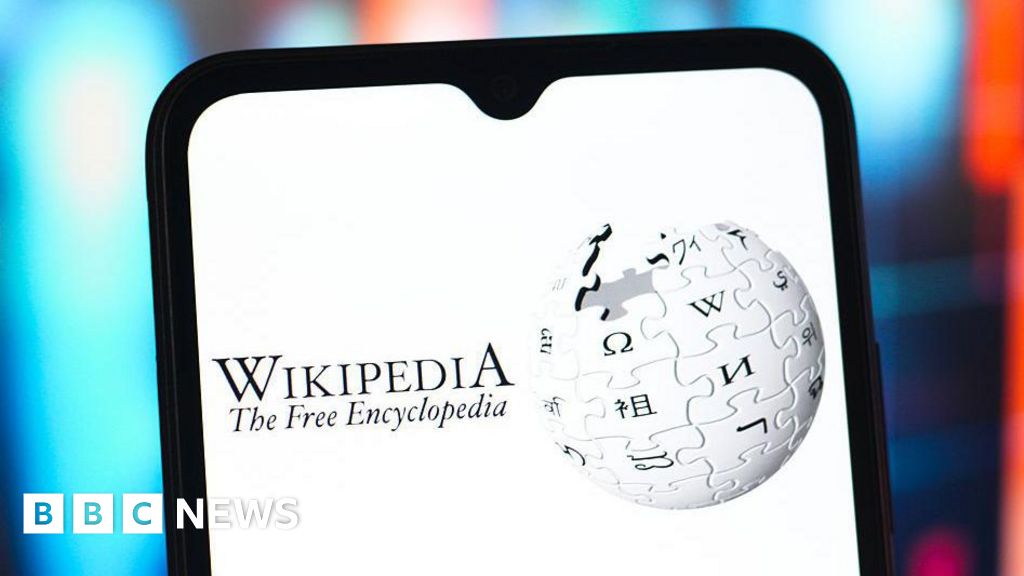

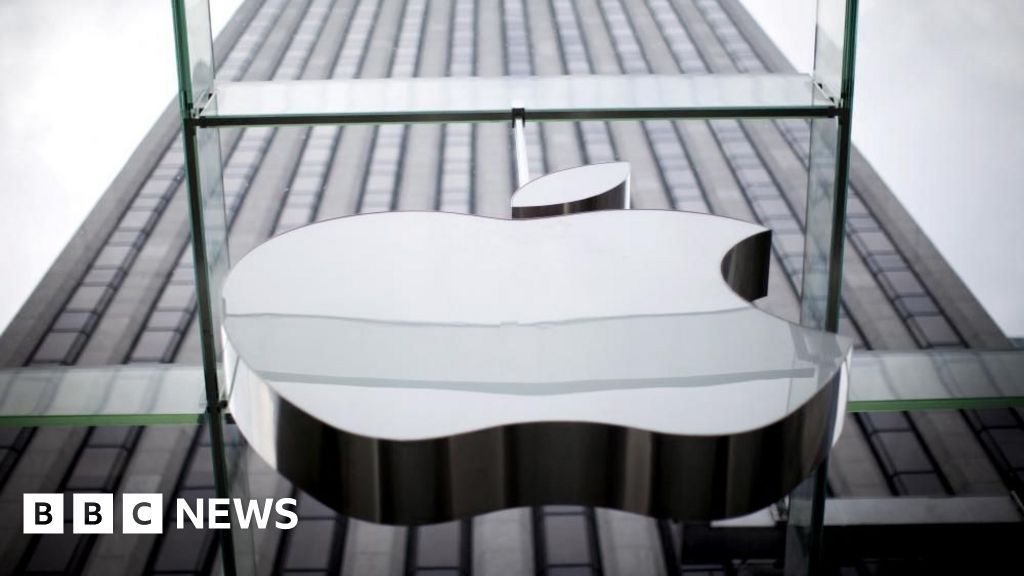
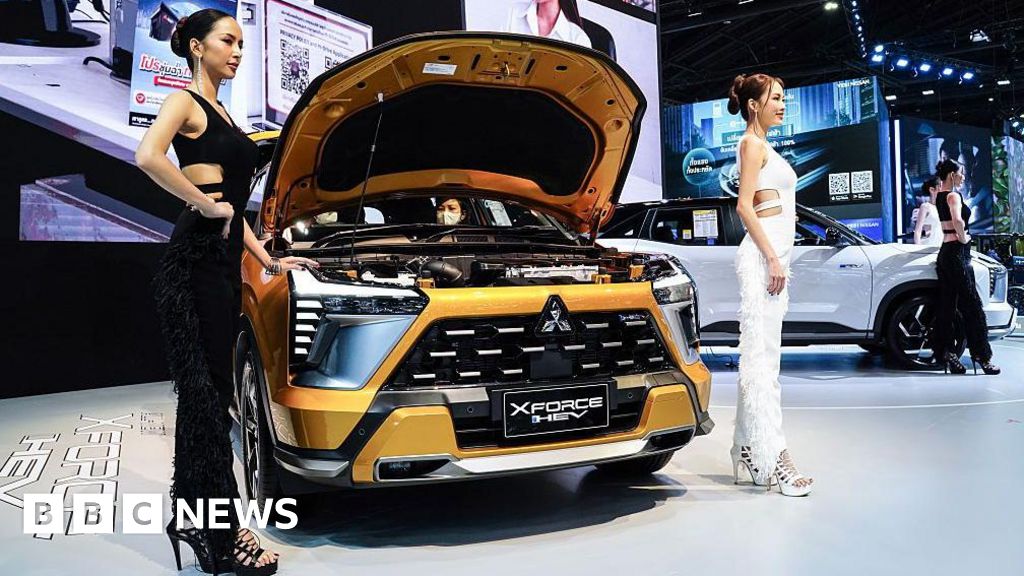


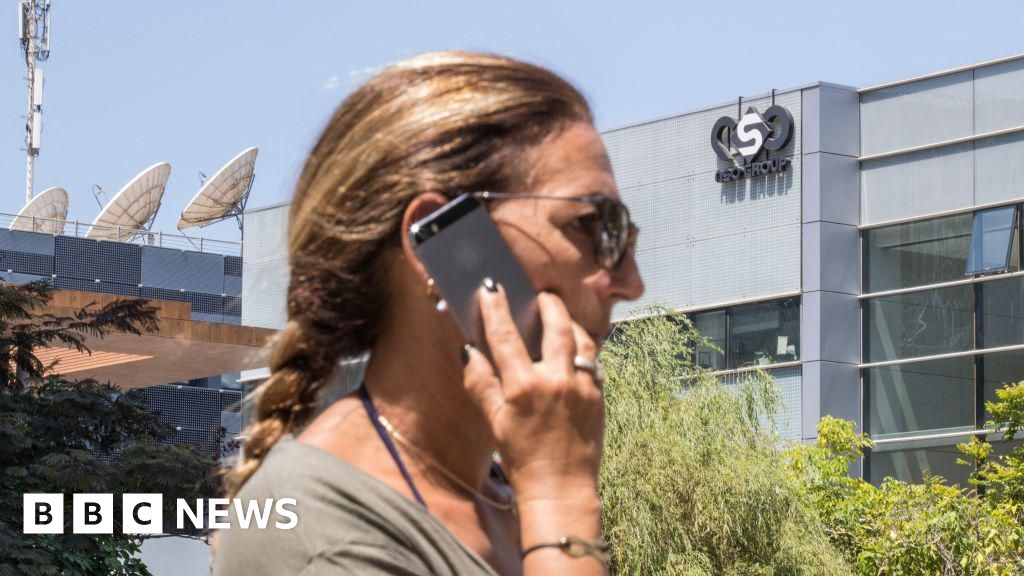





Leave a Reply